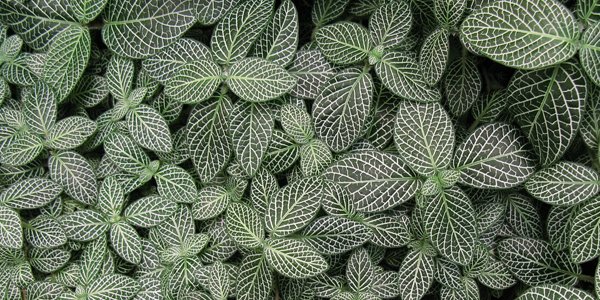Fittonia price

Where to buy and sell Fittonia, lowest (cheapest) and highest price.
check offers buy sell FittoniaToday price for FittoniaFittonia wholesale prices 2022
The Current commodity price of Fittonia per kg, pound in the world in the global markets
fittonia
Price range: 0.75 - 0.75 EUR / 1 kg | Market: Mercados de Abastecimientos de Barcelona SA | Date: 2022-10-30
fittonia
Price range: 0.75 - 0.75 EUR / 1 kg | Market: Mercados de Abastecimientos de Barcelona SA | Date: 2022-10-02
fittonia
Price range: 0.75 - 0.75 EUR / 1 kg | Market: Mercados de Abastecimientos de Barcelona SA | Date: 2022-09-04
fittonia
Price range: 0.75 - 0.75 EUR / 1 kg | Market: Mercados de Abastecimientos de Barcelona SA | Date: 2022-07-03
fittonia
Price range: 0.75 - 0.75 EUR / 1 kg | Market: Mercados de Abastecimientos de Barcelona SA | Date: 2022-06-05
fittonia
Price range: 0.75 - 0.75 EUR / 1 kg | Market: Mercados de Abastecimientos de Barcelona SA | Date: 2022-05-01
Fittonia
Fittonia is a genus of flowering plants in the family Acanthaceae, native to tropical regions of South America. The genus comprises around 50 species, all of which are characterized by their colorful leaves. Fittonias are popular ornamental plants, grown for their bright foliage which often features contrasting veins. These plants are relatively easy to care for and can be propagated from stem cuttings. Fittonia is a genus of beautiful, low-growing evergreen plants that are native to tropical rainforests. These diminutive plants are prized for their colorful leaves, which can be variegated with shades of green, pink, red, silver, or white. Fittonia also produces lovely white or pink flowers. Although they are not typically very large, fittonias can make charming houseplants or groundcovers in shady gardens. Fittonias are native to Peru, Brazil, and Ecuador. The majority of species are found in Peru, where they grow in the Amazon rainforest. These plants typically inhabit shady, humid locations. In the wild, fittonias typically grow as a groundcover, often forming dense mats. There are several species of fittonia, but the most popular for cultivation is Fittonia albivenis. This species has glossy green leaves that are variegated with white, pink, or red veins. Fittonia albivenis is also known as the nerve plant or mosaic plant. Fittonias are not difficult to grow, but they do have some specific requirements. They prefer humid conditions and warm temperatures, so they are often grown in terrariums or greenhouses. These plants also need filtered light and well-drained, slightly acidic soil. With proper care, fittonias can thrive for many years. If you are looking for a plant that is both beautiful and easy to care for, consider adding a fittonia to your collection. These vibrant plants will brighten any indoor or outdoor space. Fittonia are very popular houseplants and for good reason! They're easy to care for, and they make a beautiful addition to any home. If you're thinking about growing fittonia, there are a few things you should know. First, they like bright, indirect light. Too much direct sun will scorch their leaves, so it's best to keep them out of direct sunlight. Second, they like to be kept moist, but not wet. Allow the top inch of soil to dry out before watering again. Third, fertilize monthly during the growing season (spring and summer), using a half-strength liquid fertilizer. With a little care, fittonia will thrive and bring beauty to your home for years to come.Global fittonia production
According to a report by the Food and Agriculture Organization of the United Nations (FAO), global production of fittonia has been increasing steadily over the past few years. In 2013, global production was estimated at 1,600 tonnes, up from 1,300 tonnes in 2012. The majority of fittonia produced is used for ornamental purposes, with China, Japan, and the United States being the leading producers. China is by far the largest producer of fittonia, accounting for over 80% of global production. The country has a long history of growing and using the plant for both ornamental and medicinal purposes. In recent years, China has been working to increase its production of fittonia in order to meet the growing demand from both domestic and foreign markets. Japan is the second largest producer of fittonia, accounting for 10% of global production. The plant is commonly used in Japanese gardens as an ornamental groundcover. It is also used in traditional medicine, particularly for treating skin conditions such as psoriasis and eczema. The United States is the third largest producer of fittonia, accounting for 5% of global production. The plant is commonly used as an ornamental groundcover in gardens and landscaping. It is also used in traditional medicine for treating a variety of conditions, including arthritis and gout.Download our new
Husfarm App
Stay up to date with the current prieces of agricultural products all over the world.
Do you want to sell agricultural products?
Are you an Agricultural processor looking for high-quality products to buy?
Post an ad for FREE!
